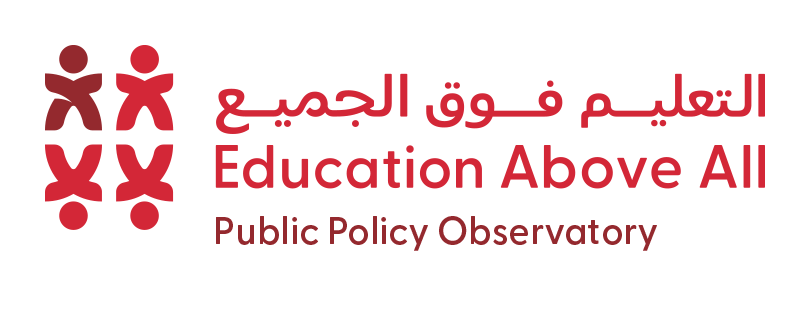Country Context:
There is a significant educational challenge in Kenya, with approximately one million children out of school (OOSC), which places the country among the top eight globally in terms of OOSC numbers. Despite the government's initiative of free primary education in 2003, challenges persist with overcrowded classrooms, overwhelmed teachers, and inadequate service delivery to pupils. Completion rates for basic education are low, with only 50-60% of pupils completing eight years of schooling and just half qualifying for secondary education. Disparities in education access are evident across regions and socio-economic backgrounds, with children in arid districts and girls in certain provinces facing heightened risks of being out of school.
Solution
The Project Operation Come to School Kenya targets eight counties and a coastal island, aiming to address these challenges through a multifaceted approach. This includes enrollment campaigns, improvement of school infrastructure, teacher training, provision of mobile schools, emphasis on girls' education, and establishment of a model for nationwide OOSC interventions. The project aimed to enroll students, equip them with enhanced teaching materials, and implement retention strategies, mainly focusing on girls' education. Additionally, it focused on developing and implementing nine model county education systems with effective OOSC intervention strategies aligned with Kenya's National Education Sector Program objectives.
Impact
UNICEF successfully enrolled 349,460 out-of-school children in Kenya over four years, surpassing the project's enrollment target by 16%. UNICEF achieved or exceeded most project targets through a one-year extension and two six-month no-cost extensions. This includes rehabilitating schools, providing teaching and learning materials, and implementing retention strategies. The project's success highlights the effectiveness of a comprehensive approach to addressing educational challenges, emphasizing the importance of targeted interventions, infrastructure improvement, and strategic partnerships to enhance educational access and quality in Kenya.













